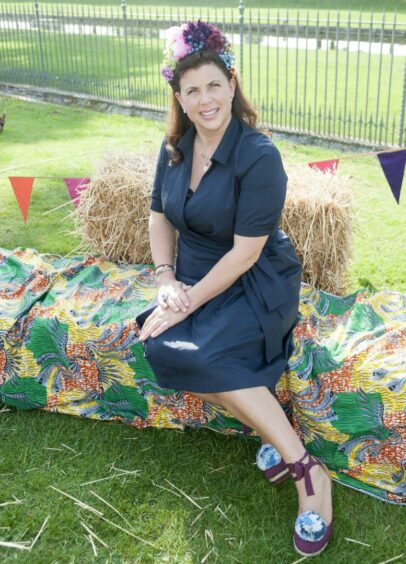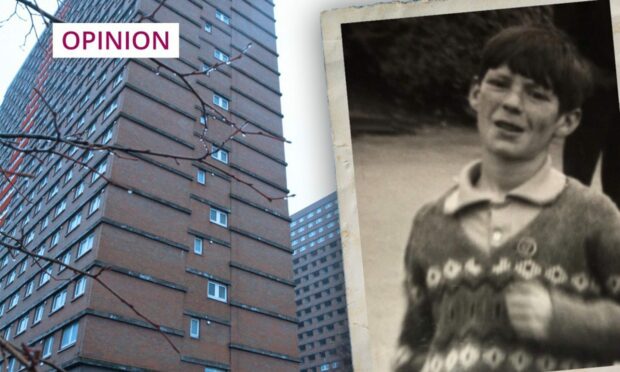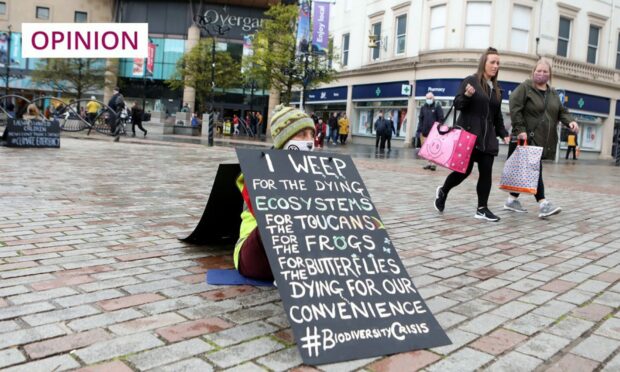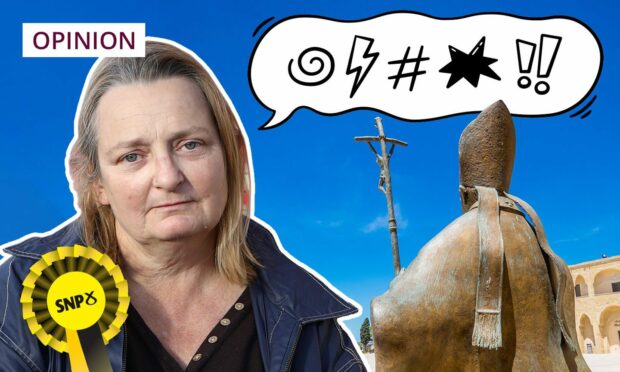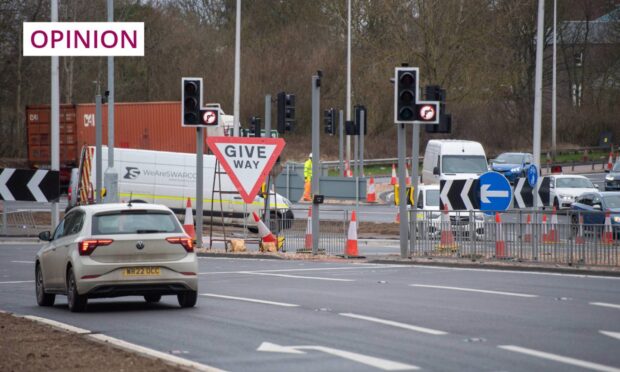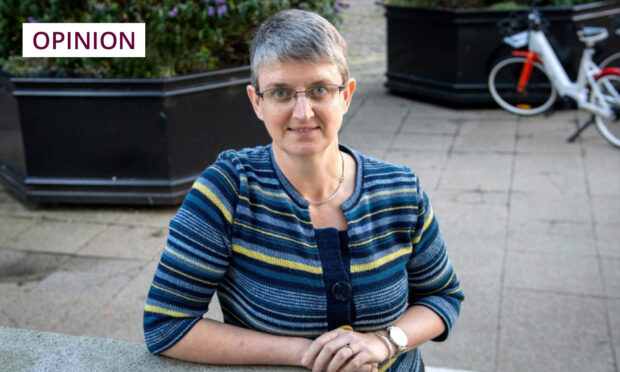‘It’s the economy, stupid’ became a mantra of Bill Clinton’s campaign for the US presidency.
But we don’t need to look across the pond to know it holds true here as well.
And that two things in particular should be of great concern to us currently; house prices and pensions.
Pensions eh: who worries about them until a certain age?
I never did and now how I regret it.
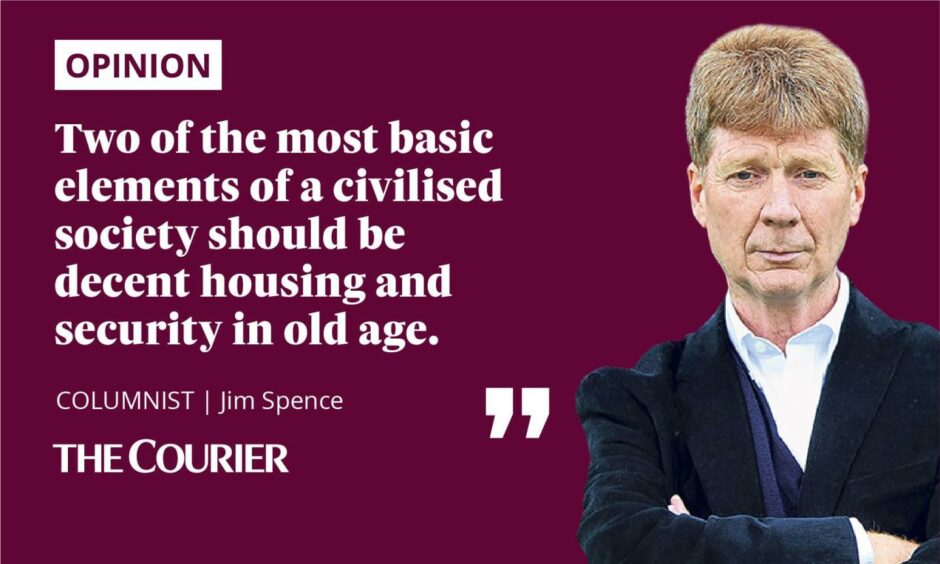
The bulk of more than 30 years’ work I did for BBC was on a freelance or contract basis. But fortunately at one stage I was persuaded to take a staff gig.
Thank goodness I did. Because like a great many freelancers the provision I had made for my later years was not so much negligible as non-existent.
That period I put in on staff is the thing that will save me from penury by procrastination.
But there’s a bigger story on pensions, particularly for us in Scotland.
Pensions in an independent Scotland – the elephant in the indyref room
I’ve written here previously that, even as someone who has leaned towards independence since Margaret Thatcher’s third election victory, I think the moment for it has passed.
However, if there’s any flickering signs of life at all in the body of the indy movement it had better tackle this issue head-on and in grown-up terms.
Financial and economic questions and uncertainties arguably derailed the Yes vote in 2014.
The prospect of poverty and uncertainty in old age are likely to derail any prospect of it again next time round.
If that next time round ever comes.
Governments must act on either side of the border
The Scottish and the UK Governments need to clarify as a matter of urgency exactly what would happen in the event of any vote for independence.
Westminster needs to state unequivocally what the position would be if we break up the UK.
And Holyrood also needs to tell us what kind of pension provision we can expect if Scotland becomes independent.
Bland assurances that it’ll be superior to current provision just won’t cut it.
Compare/contrast the old pension policy, as set out in the Independence White Paper, and the new policy set out by Blackford and confirmed by Forbes. This isn't a slip of the tongue. They are saying existing pensions will no longer be paid by Scottish Govt. Take. Them. Literally. pic.twitter.com/99gW67TB4Y
— Blair McDougall (@blairmcdougall) February 1, 2022
Workplace pensions will provide for the better earners.
But for a great many who won’t earn enough to ensure a healthy pension pot, the state will be the provider of last resort.
That state pension will be the difference between a comfortable senior lifestyle and a miserable one where every penny is a prisoner.
Complete clarity on this issue is required and the sooner the better.
Property ladder remains out of reach
Closely allied to thinking about planning for those senior years is the long haul which precedes getting there.
The decades we spend attempting to provide adequately for those hopefully golden times.
And one of the things which is making that much tougher for the younger generation is the exorbitant cost of housing, both in terms of buying and renting.
It doesn’t help matters when well-heeled television presenters like Kirstie Allsopp blithely inform hard pressed younger would-be buyers to just “move somewhere cheaper”.
In her world, the route to home ownership would be eminently achievable if they just sacrificed their Netflix subscriptions and EasyJet holidays.
That’s Kirstie, daughter of Charles Allsopp, 6th Baron Hindlip.
And as property advice goes, we’re straying into Marie Antoinette “let them eat cake” territory here.
The average house price, adjusted for inflation, when Kirstie took her first steps on the property ladder was £100,000.
It’s more than twice that that now, meaning the leap required in order to get on that first rung is so much steeper.
Home ownership shouldn’t be a fantasy
That’s not to say some sacrifice isn’t required in the pursuit of owning a home.
Economic choices always have to be made in life.
Kirstie Allsopp is quite right. I just cancelled Netflix and bought a house for £5.99.
— Carl Maxim (@carlmaxim) February 6, 2022
But an affordable decent home and a roof over the head should surely be within reach of all in a modern first-world economy.
Home ownership isn’t for everyone but for a huge number – probably the majority of folk – it’s still the ideal scenario.
However, the dream for many is fast becoming a fantasy.
Young people are being priced out of the market
With housing costs outstripping wages year on year, younger folk have been caught in a pincer movement.
Big builders have accumulated big land banks and are charging the earth for new builds.
Meanwhile the asking prices for second-hand properties often bear no relation to the crazy money being offered to secure them.
And don’t get me started on the rabbit hutch proportions in many new-builds which should come with health warnings of claustrophobia.
Supply and demand is out of kilter.
A shortage of housing combined with the demand for good homes is pushing many folk beyond their tolerable economic limits.
Others have given up any hope of taking their first steps to owning their own place.
Two of the most basic elements of a civilised society should be decent housing and security in old age.
Right now, for far too many, both are worryingly distant dreams.


